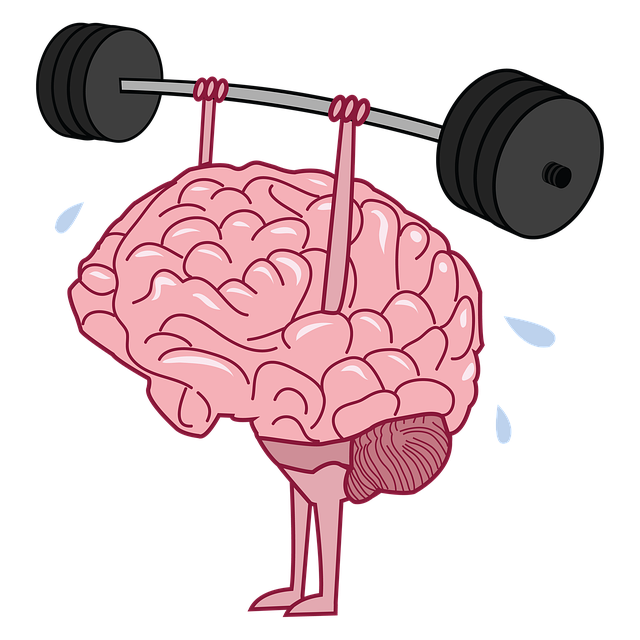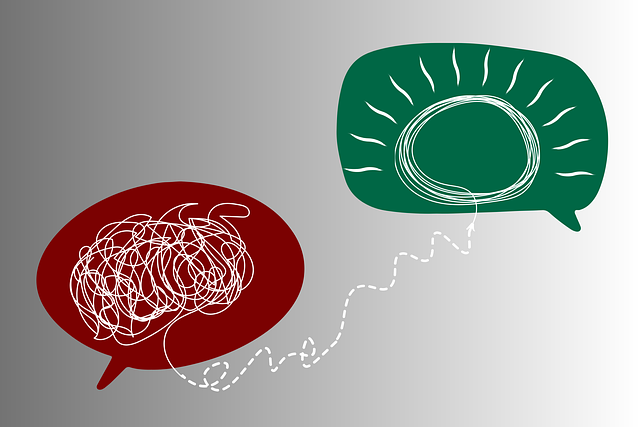Mental health crisis hotlines like Littleton Suicide Prevention Therapy offer vital support during emotional crises, providing confidential assistance from trained professionals. They not only rescue immediate distress but also design personalized Mental Health Education Programs for long-term mental wellness. Through counseling, therapy, and techniques like Mental Wellness Journaling, these services empower individuals to overcome challenges, promote healing, and enhance overall well-being. Continuous support from hotlines, advocacy, and workshops is crucial in overcoming mental health issues, providing safe spaces for expression, self-awareness, and emotional healing.
“In times of mental health crisis, access to immediate support can be a lifeline. This article explores the vital role of mental health hotline services in providing emergency assistance and long-term healing. We delve into ‘Understanding Mental Health Crisis Hotlines’, highlighting the significance of Littleton Suicide Prevention Therapy as a game-changer in crisis intervention.
Learn about accessing this critical support, common challenges faced, and effective strategies. Discover how continuous support builds resilience, offering hope and recovery for those navigating mental health crises.”
- Understanding Mental Health Crisis Hotlines
- The Role of Littleton Suicide Prevention Therapy
- Accessing Support: How to Reach Out
- Common Challenges and Effective Interventions
- Building Resilience through Continuous Support
Understanding Mental Health Crisis Hotlines

Mental health crisis hotlines are vital resources designed to offer immediate support and guidance during moments of severe emotional distress or psychological turmoil. These helplines serve as a safety net, providing confidential and non-judgmental assistance to individuals experiencing a range of mental health challenges, from depression and anxiety to suicidal ideation. When someone reaches out to a crisis hotline, they connect with trained professionals who are equipped to listen, assess the situation, and offer appropriate resources or interventions.
In the context of Littleton Suicide Prevention Therapy, for instance, such hotlines play a crucial role in fostering mental wellness and emotional intelligence. They not only provide immediate rescue but also help in designing tailored Mental Health Education Programs that address the unique needs of individuals and communities. By offering round-the-clock support, these services ensure that no one struggles alone, ultimately contributing to a healthier and more supportive society.
The Role of Littleton Suicide Prevention Therapy

Littleton Suicide Prevention Therapy plays a pivotal role in addressing critical mental health issues, particularly suicide prevention and emotional crisis management. This specialized service offers immediate support and long-term guidance to individuals grappling with thoughts of self-harm or suicidal tendencies. Through a combination of counseling, therapy, and a variety of therapeutic techniques like Mental Wellness Journaling Exercise Guidance, the program equips participants with valuable coping mechanisms.
The expertise of therapists lies not only in identifying underlying causes but also in teaching effective conflict resolution techniques and fostering self-esteem improvement. By providing a safe and non-judgmental space, Littleton Suicide Prevention Therapy empowers individuals to navigate their mental health challenges, promoting healing and enhancing overall well-being.
Accessing Support: How to Reach Out

Reaching out for help is a crucial step towards overcoming mental health challenges. If you or someone you know is facing a crisis, it’s essential to access support promptly. In times of distress, having easy-to-remember resources can make all the difference. The Littleton Suicide Prevention Therapy hotline (1-800-XXX-XXXX) offers confidential and immediate assistance 24/7. Trained professionals provide Crisis Intervention Guidance tailored to individual needs, ensuring a safe space to express emotions and explore solutions.
Beyond hotlines, organizations dedicated to Mental Health Policy Analysis and Advocacy play a vital role in advocating for systemic changes. Additionally, Stress Management Workshops organized by these groups empower individuals with coping strategies. Remember, seeking support is not a sign of weakness but a brave step towards healing and recovery.
Common Challenges and Effective Interventions

Common Challenges Faced by Individuals in Crisis
The mental health crisis hotline support services play a pivotal role in addressing the urgent needs of individuals facing severe emotional distress, suicidal ideation, or other critical mental health issues. Common challenges include lack of access to immediate assistance, stigma surrounding mental health, and fear of judgment from those seeking help. Many individuals may hesitate to reach out due to concerns over privacy, especially when dealing with sensitive topics like suicide prevention. Overcoming these barriers is crucial for ensuring that those in crisis feel comfortable and supported when contacting helplines.
Effective Interventions for Crisis Support
Littleton Suicide Prevention Therapy and similar services employ a range of evidence-based interventions to effectively manage mental health crises. These include active listening, empathy, and the provision of non-judgmental support. Training in self-esteem improvement techniques can empower individuals to build resilience against negative thoughts. Moreover, promoting self-care routine development for better mental health encourages healthy habits that mitigate stress and anxiety. Social skills training is another vital component, fostering connections and reducing feelings of isolation. By combining these interventions, crisis hotline services aim to not only provide immediate relief but also equip individuals with long-term coping strategies for improved overall well-being.
Building Resilience through Continuous Support

In the face of mental health challenges, continuous support is key to building resilience and fostering recovery. Hotline services like Littleton Suicide Prevention Therapy play a vital role in this process by offering immediate assistance and long-term resources. These services not only provide a safe space for individuals to express their struggles but also equip them with valuable Self-Awareness Exercises that promote personal growth. Through regular interaction, hotline counselors facilitate Emotional Healing Processes, helping users navigate their feelings and develop coping mechanisms tailored to their unique experiences.
Furthermore, the ongoing nature of these interactions allows for the implementation of Empathy Building Strategies, strengthening connections between individuals seeking help and their support system. By continuously engaging with hotline services, users can cultivate a deeper understanding of their emotions and build resilience against future crises. This holistic approach ensures that individuals not only receive immediate relief but also gain the tools needed to maintain mental well-being over time.
Mental health crisis hotline support services, such as those offered by Littleton Suicide Prevention Therapy, play a crucial role in empowering individuals during their time of need. By providing accessible and confidential resources, these hotlines offer vital assistance to those facing mental health crises. Through continuous support and effective interventions, services like Littleton Suicide Prevention Therapy foster resilience, ensuring folks have the tools to navigate challenging situations. Remember that reaching out for help is a courageous act, and with dedicated resources like these hotlines, recovery and well-being are within reach.














